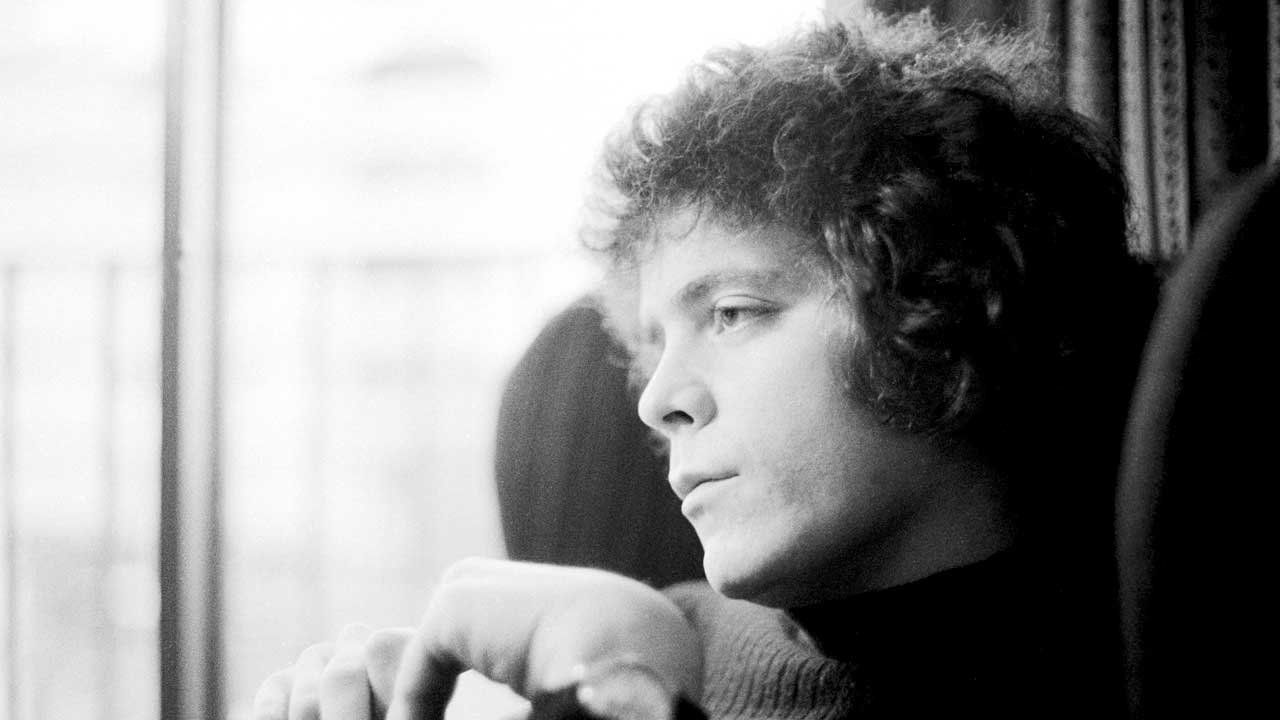“Follow the dotted line,” grumbled at me in 2004. “Look, put all the songs together and it’s certainly an autobiography – just not necessarily mine. I write about other people, tell stories, always did.
Any truly creative person could make five albums a year, easily. Each record is just what you did that week. Another week you might have done the same songs differently.
But listen – I love every last one of them. Every single second of every last one, okay?” Okay. Fortunately for him, and for us, in late 1972 what he did that week beat most people’s year.
remains a remarkable arranged marriage of gritty, witty words and pop succour. It anointed him the godfather of anti-stars, opening up a career that may otherwise have swiftly gone the way of all flesh. “I don’t have a personality of my own,” Reed said in 1972.
“I just pick up on other people’s.” He’d come to London for a change of pace, to “get out of the New York thing”, but his first, eponymous, post-Velvets solo album, recorded on the dirty boulevards of Willesden Green in West London, had stuttered rather than strutted. Nobody, least of all him, was sure where a former frontman should go next.
This is where the personality came in, and plenty came out. Just five months after that debut, the November release of made Reed a household name in all the most disreputable homes. The world’s fastest-rising rock star, , and his gifted lieutenant , bang in the throes of , coloured in Reed’s p.



















